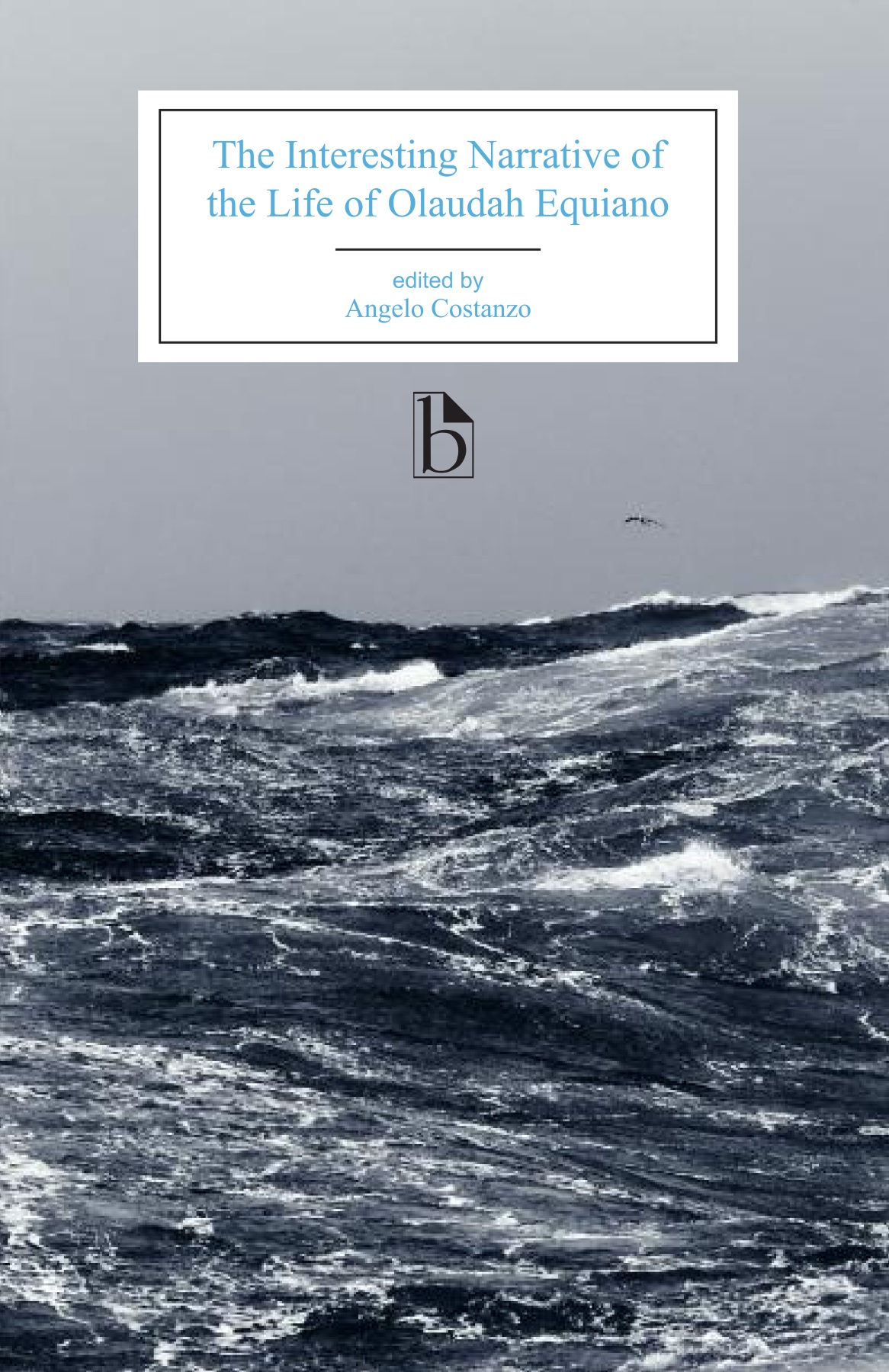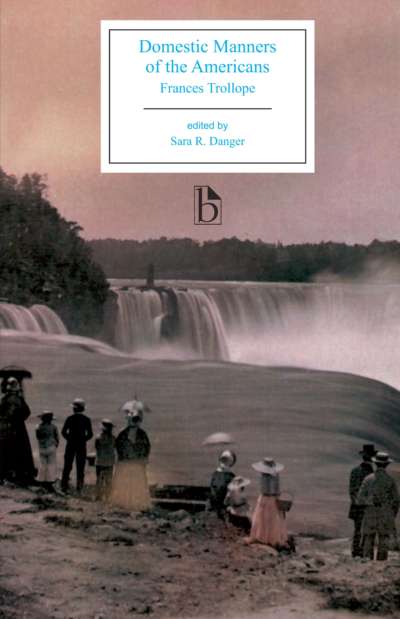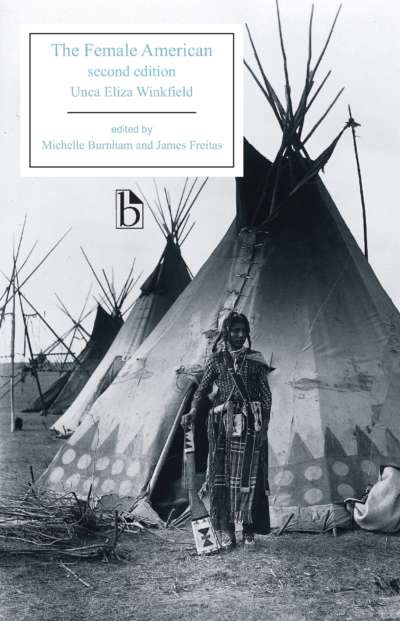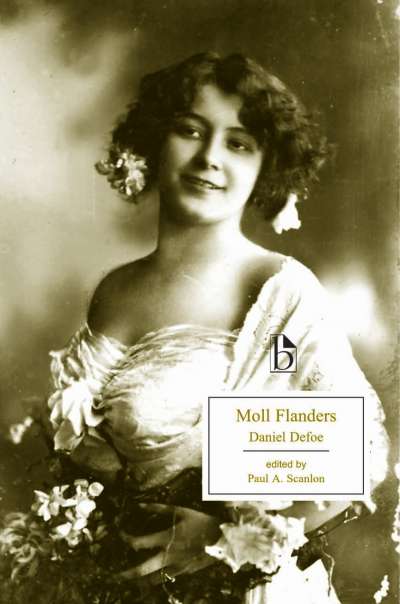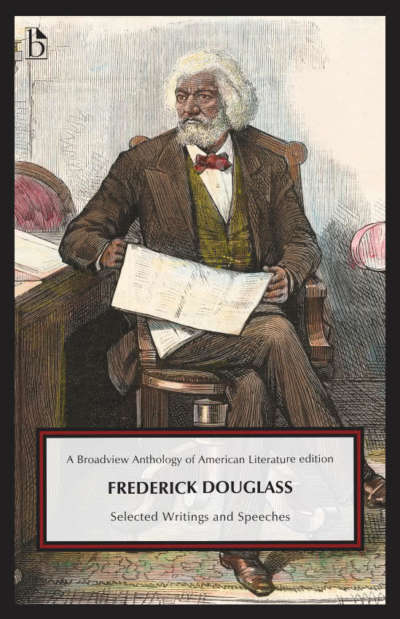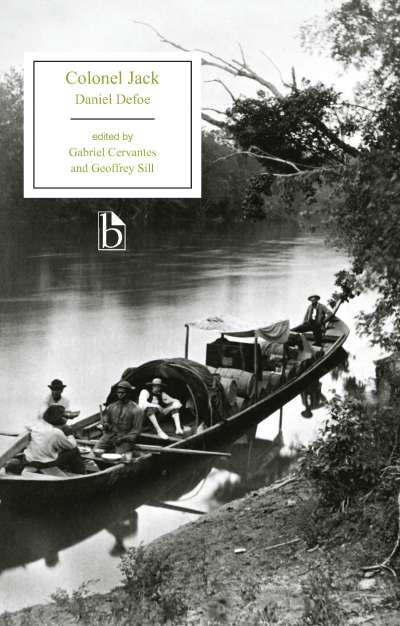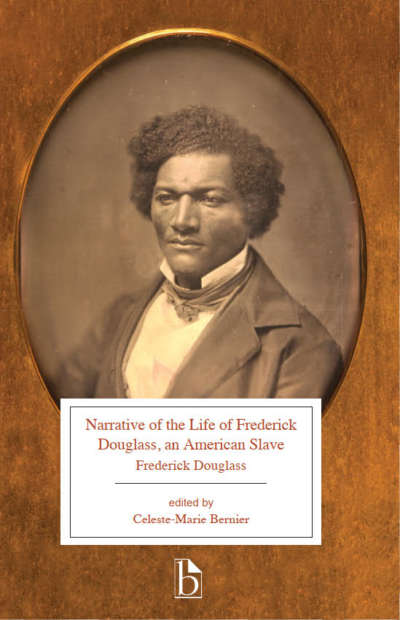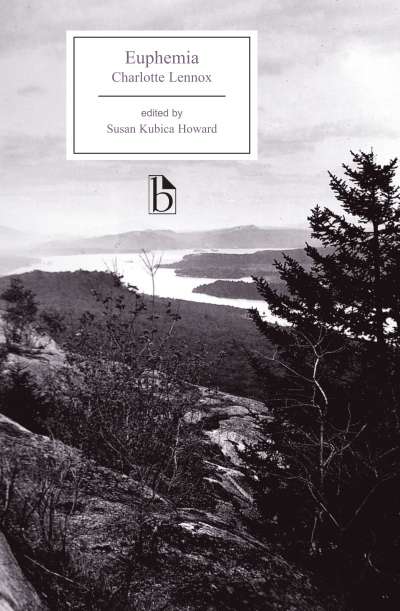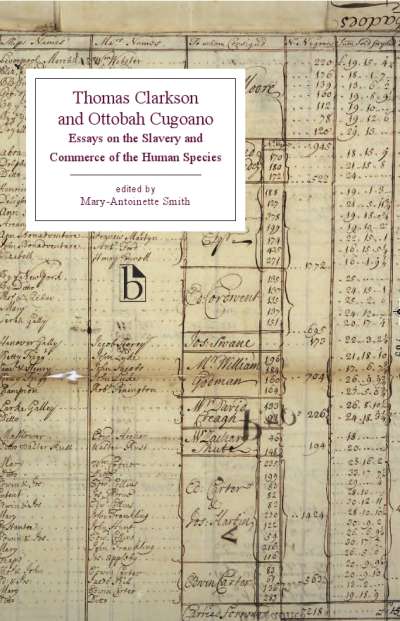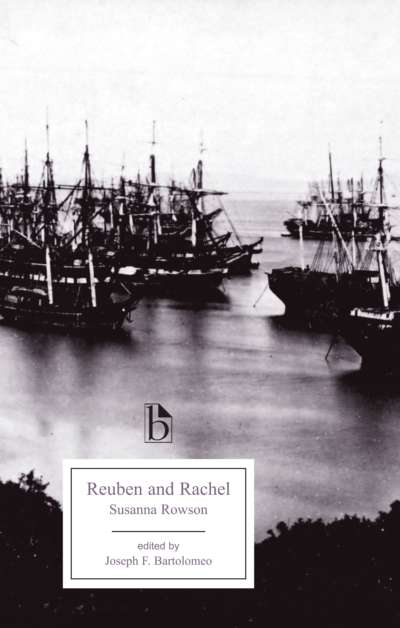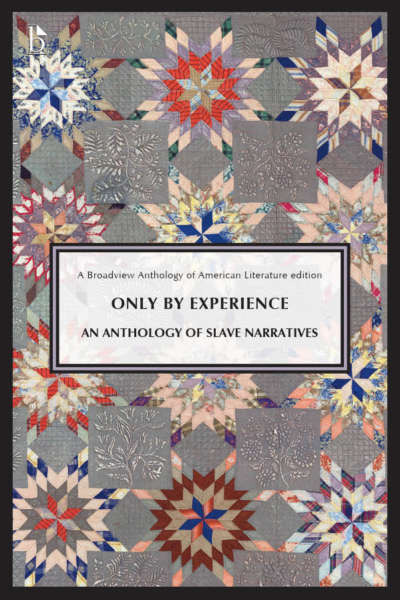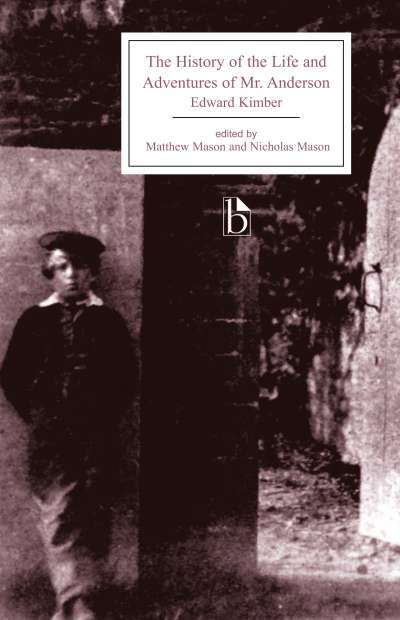
The Interesting Narrative of the Life of Olaudah Equiano was a key work of nineteenth-century slave narrative autobiography. Written and published by Equiano, a former slave, it became a prototype for the narratives that followed. Kidnapped in Africa as a child, Equiano was transported to the Caribbean and then to Virginia, bought by a Quaker shipowner, and placed in service at sea. Aboard various American and British ships, he sailed throughout the world, and he continued to do so after having purchased his freedom in 1766. Once settled in London, he fought tirelessly to end slavery.
This edition of Equiano’s Narrative places the text in the center of abolitionist activity in the late eighteenth century. Equiano knew many of the leading abolitionist figures of his time, and this edition allows readers to trace the common ideas and cross-influences in the works of the political and literary figures who fought for the end of slavery in America and England. The original 1789 text of the narrative has been used for the Broadview edition with Equiano’s subsequent emendations included in the appendices.
Comments
“This new edition of Equiano…will become the text of choice for both scholars and students of the Black Atlantic.” — African American Review
“The Interesting Narrative of the Life of Olaudah Equiano is the foundational text of African-American autobiography. This welcome edition, ably edited by Angelo Costanzo, provides readers of today a generous introduction to Equiano’s life and times in a highly readable and informative format.” — William L. Andrews, University North Carolina, Chapel Hill
Acknowledgements
Introduction
Olaudah Equiano: A Brief Chronology
A Note on the Text
The Interesting Narrative of the Life of Olaudah Equiano, or Gustavus Vassa, the African. Written by Himself.
Appendix A: Letters and Reviews
- Letters and Reviews Added to Later Editions of The Interesting Narrative
- Reviews of The Interesting Narrative Not Included in Equiano’s Editions
- The Analytical Review, May 1789
- The Gentleman’s Magazine, June 1789
- The Oracle, 25 April, 1792
- The Star, 27 April, 1792
Appendix B: Writings of the First Abolitionist Movement
- Anthony Benezet, A Caution to Great Britain and her Colonies (1766)
- Anthony Benezet, Some Historical Account of Guinea (1771)
- Edmund Burke, An Account of the European Settlements in America (1758)
- Thomas Clarkson, An Essay on the Slavery and Commerce of the Human Species, Particularly the African (1788)
- William Cowper,“The Negro’s Complaint” (1788)
- J. Hector St. John de Crevecoeur, Letters from an American Farmer (1782)
- Quobna Ottobah Cugoano, Thoughts and Sentiments on the Evil and Wicked Traffic of the Slavery and Commerce of the Human Species (1787)
- Alexander Falconbridge, An Account of the Slave Trade on the Coast of Africa (1788)
- Gilbert Francklyn, An Answer to the Rev. Mr. Clarkson’s Essay on the Slavery and Commerce of the Human Species, particularly the African (1789)
- Benjamin Franklin, “On the Slave Trade” (1790)
- James Albert Ukawsaw Gronniosaw, A Narrative of the Most Remarkable Particulars in the Life of James Albert Ukawsaw Gronniosaw (1772)
- Raymund Harris, Scriptural Researches on the Licitness of the Slave-Trade (1788)
- David Hume,“Of National Characters” (1753-54)
- Thomas Jefferson, Notes on the State of Virginia (1787)
- John Marrant, A Narrative of the Lord’s Wonderful Dealings with John Marrant, a Black (1785)
- John Newton, Thoughts upon the African Slave Trade (1788)
- Malachy Postlethwayt, Britain’s Commercial Interest Explained and Improved (1757)
- James Ramsay, An Essay on the Treatment and Conversion of
African Slaves in the British Sugar Colonies (1784)
- Benjamin Rush, A Vindication of the Address, to the Inhabitants
of the British Settlements, on the Slavery of the Negroes in America (1773)
- Ignatius Sancho, Letters of the Late Ignatius Sancho (1782)
- Granville Sharp, A Representation of the Injustice and Dangerous Tendency of Tolerating Slavery (1769)
- James Tobin, Cursory Remarks upon the Reverend Mr. Ramsay’s Essay on the Treatment and Conversion of African Slaves in the Sugar Colonies (1785)
- Gordon Turnbull, An Apology for Negro Slavery (1786)
- John Wesley, Thoughts upon Slavery (1774)
- William Wilberforce, The Speech of William Wilberforce … on
the Question of the Abolition of the Slave Trade (1789)
- Helen Maria Williams, “A Poem on the Bill Lately Passed for Regulating the Slave Trade” (1788)
- Mary Wollstonecraft, A Vindication of the Rights of Men (1790)
- John Woolman, Some Considerations on the Keeping of Negroes (1754
Select Bibliography
Angelo Costanzo, Professor Emeritus of English, Shippensburg University, is one of the world’s leading experts on Equiano. He has written on slave narratives and African-American literature, and is the author of Surprizing Narrative: Olaudah Equiano and the Beginnings of Black Autobiography.


